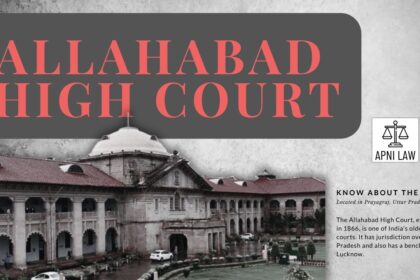Code
When a Magistrate acting under section 107, section 108, section 109 or section 110, deems it necessary to require any person to show cause under such section, he shall make an order in writing, setting forth the substance of the information received, the amount of the bond to be executed, the term for which it is to be in force, and the number, character and class of sureties (if any) required.
Explanation
When a Magistrate finds someone guilty of an offense under Chapter VIII, they can pass one or more of the following orders:
- Fine: This is the most common order, where the guilty party is required to pay a certain sum of money.
- Imprisonment: The guilty party can be sentenced to imprisonment for a specified duration.
- Security for good behavior: The Magistrate can require the guilty party to furnish a security bond for good behavior for a specified period. This means that they are required to behave well and avoid committing any further offenses.
- Removal of the person from the area: The Magistrate can order the guilty party to leave a particular area for a specified time.
- Order to disperse an unlawful assembly: If the offense involves an unlawful assembly, the Magistrate can order the assembly to disperse.
The Magistrate can also impose a combination of these orders.
Illustration
A group of people gather in a public place and start shouting slogans that are likely to cause fear and alarm among the public. The Magistrate, after finding them guilty of unlawful assembly, can order them to pay a fine, provide security for good behavior, and leave the area for a specific period.
Common Questions and Answers
Q: What is the purpose of CrPC Section 111?
A: This section empowers the Magistrate to take necessary action to maintain public order and prevent the occurrence of further offenses.
Q: What are the offenses covered under Chapter VIII of the CrPC?
A: This chapter deals with offenses like unlawful assembly, rioting, and promoting enmity between different groups.
Q: Can a person be directly sentenced to imprisonment under CrPC Section 111?
A: Yes, the Magistrate can impose imprisonment as one of the possible punishments under this section.
Q: What is the difference between fine and security for good behavior?
A: A fine is a monetary penalty, while security for good behavior is a bond that the guilty party has to furnish to ensure they do not commit any further offenses.








